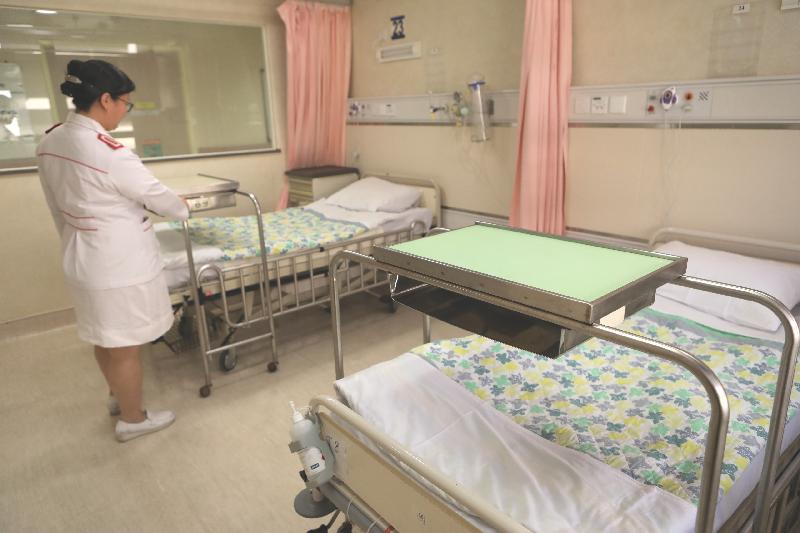Public hospitals prepare for winter surge (with photo)
The following is issued on behalf of the Hospital Authority:
Amid the recent cooler weather, post-weekend service demand surges and access blockage in some Accident and Emergency Departments at public hospitals have become more common in the first working days. The Hospital Authority (HA) Chief Manager (Cluster Performance), Dr Ian Cheung, said, "Front-line colleagues have expressed views on enhancing the flexibility of the Special Honorarium Scheme (SHS) so that they can help work overtime briefly before or after their normal duty hours to alleviate the workload arising from service demand surges. The HA has informed all the hospital clusters that, starting from tomorrow (December 1), SHS sessions can be implemented with a minimum operation need of one hour when the workload exceeds the normal capacity. By supporting healthcare colleagues who are willing to work overtime, this arrangement will enhance the manpower deployment flexibility."
With overall medical ward occupancy frequently over 100 per cent, Dr Cheung said that preparation is under way in hospitals to open time-limited beds in currently vacated wards and feasible space in existing wards during the winter surge.
"We will report to the HA Board in late December on the response measures for the winter surge in detail, followed by daily announcement of public hospitals' daily key statistics," Dr Cheung said.
Dr Cheung said healthcare staff have shown keen participation in seasonal influenza vaccination to minimise the infection risk for themselves, their families and patients. It is encouraging that over 27 000 staff members have received vaccination, a 50 per cent increase as compared with the same period last year.
"Seasonal influenza vaccination is an effective and safe means to prevent influenza infection and its complications," Dr Cheung said. He appealed to eligible members of the public who have not yet been vaccinated to get vaccinated at public hospitals or out-patient clinics upon resumption of the vaccination service.
The HA will continue to communicate with front-line staff closely to ensure that response measures can be implemented effectively to address the demand for services in the winter surge.
